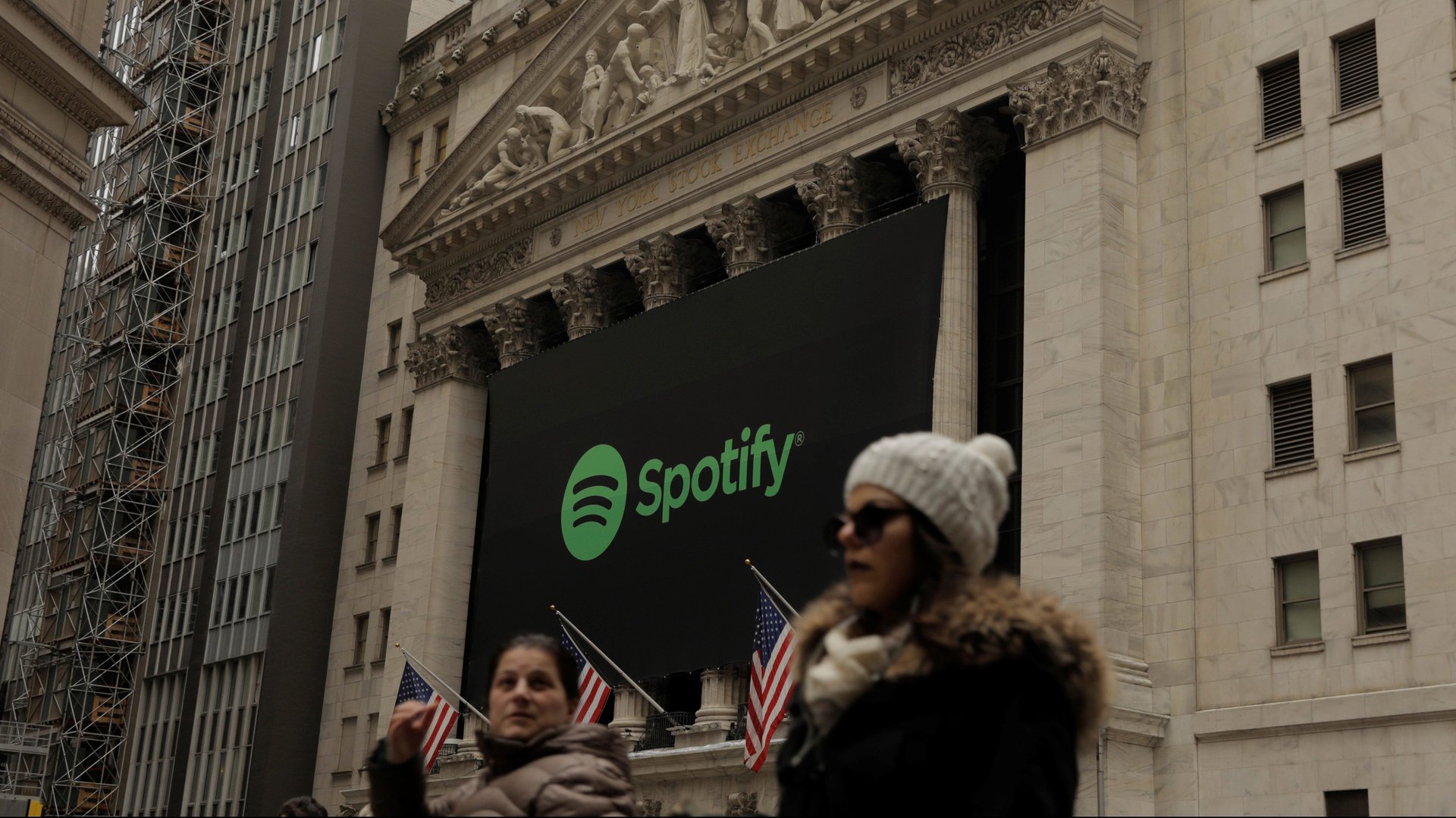What’s a direct listing and why would a company do it?
Airbnb and Slack may each pursue a direct listing in 2019, the populist cousin of the initial public offering.


Airbnb and Slack may each pursue a direct listing in 2019, the populist cousin of the initial public offering.
In an IPO, the company hires underwriters (usually a group of banks) who buy shares at a particular price, which they sell to clients and investors. The company can sell new stock and spends weeks or months traveling around the country in a “road show” to pitch its stock to prospective buyers. Existing shareholders, like employees and pre-IPO investors, are typically subject to a 180-day lockup period that prevents them from selling their shares right away.
In a direct offering, the company can’t sell any new stock and there’s no lockup period. Existing shareholders can sell their holdings immediately when the company lists on a public exchange. Spotify completed a direct offering in April 2018.
Why would a company go the direct listing route? According to Sam Dibble, a partner at law firm Baker Botts, the top reason is to keep employees happy. If a company has been private for a long time and doesn’t need to raise money, a direct listing is a great way to let employees cash out. It works best when the company is already a household name and can generate investor interest without the fanfare of a roadshow, Dibble said.
Other reasons to do a direct offering are to gain access to the public markets without having to pay fees to investment banks, which can be substantial, and to get a quicker sense of the true market value of the company, Dibble said. In a traditional IPO, the IPO price is often deliberately set below market to allow for a “pop” on the first day of trading. But the stock price can reset after the lockup period expires, freeing up more people to sell.
“Anytime you buy a share on the first day of trading you’re kind of taking a big bet on what the real price is,” Dibble said, but with a direct offering you probably have a better gauge of the price after a month or two.
A case study on Spotify’s direct listing written by the company’s lawyers and published by Harvard noted that a direct listing made sense for Spotify because it had “no immediate need for funding” and benefited from a “large and diverse shareholder base, a well-known brand, global scale, a relatively easily understood business model, and a transparent company culture.”
Why don’t more companies do it? “It’s pretty hard to pull off a direct offering,” Dibble said. Still, you can see why it might appeal to Airbnb. The company was profitable in 2017, its employees have been itching to sell for years, and it has a lot of brand recognition from both guests and hosts.